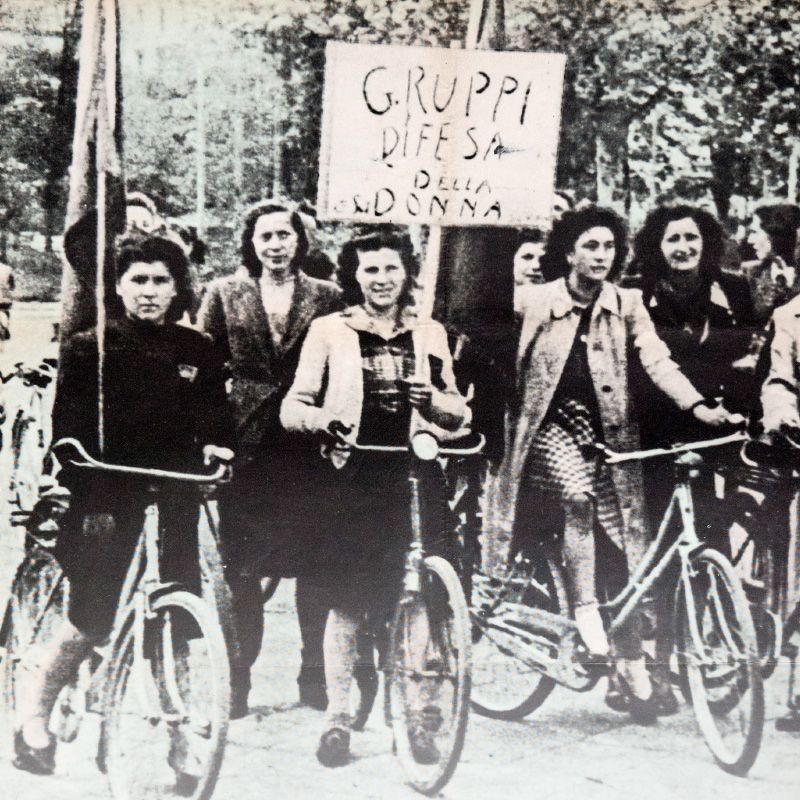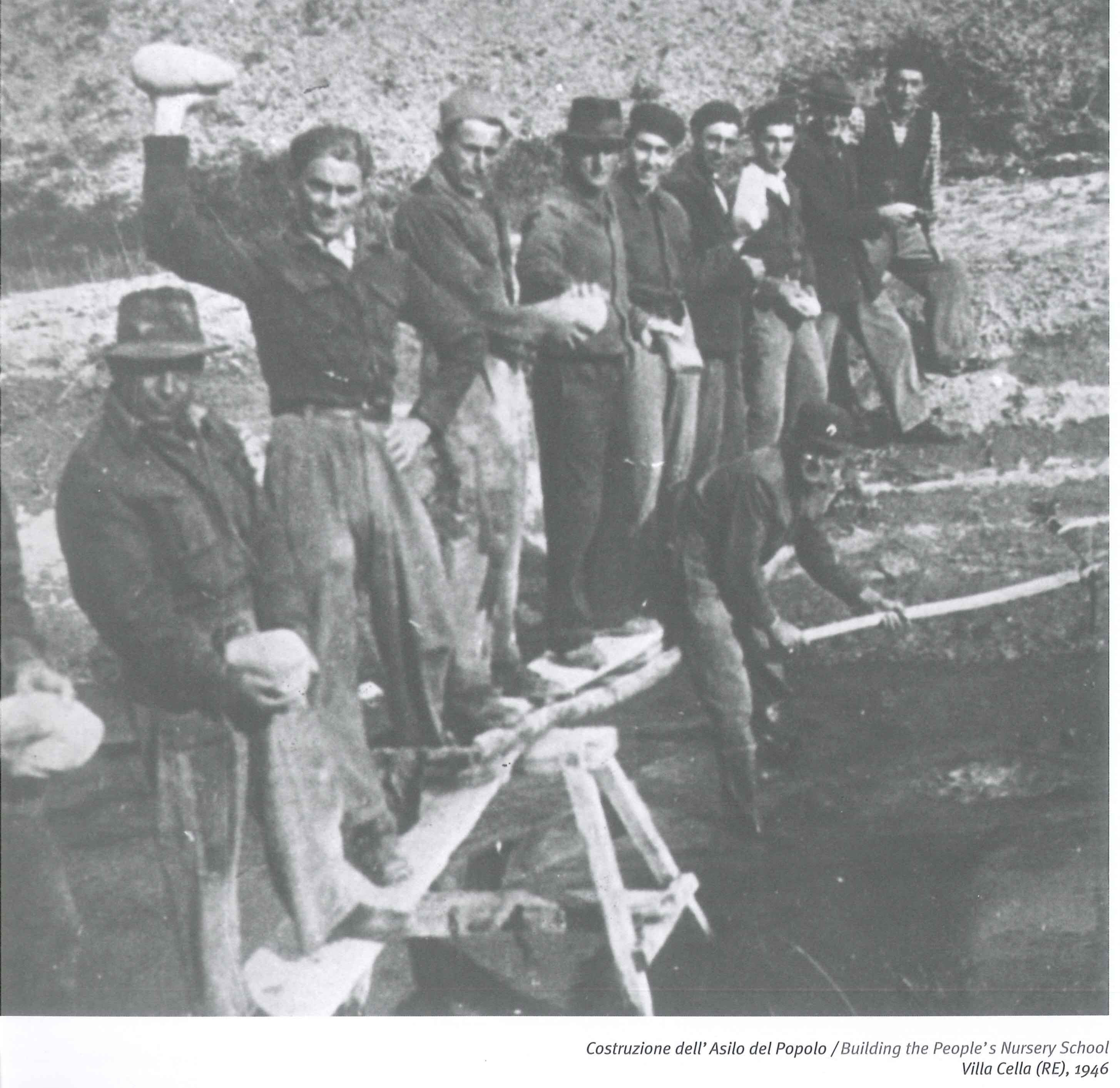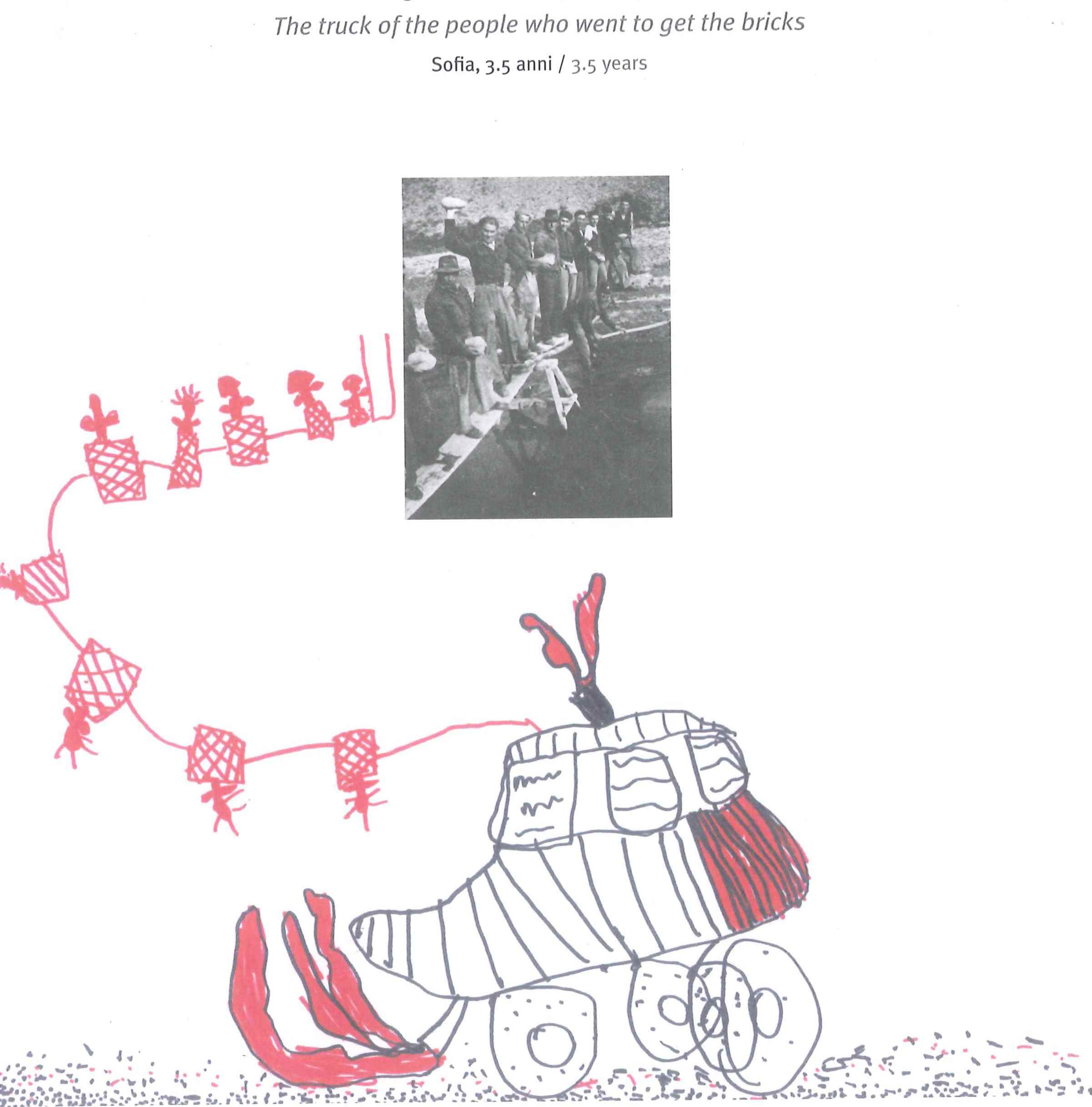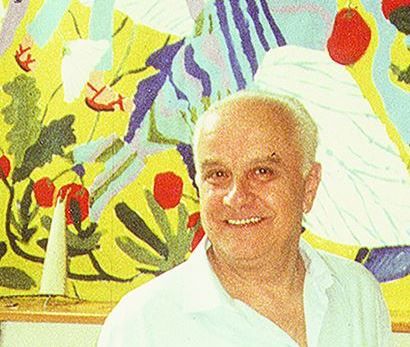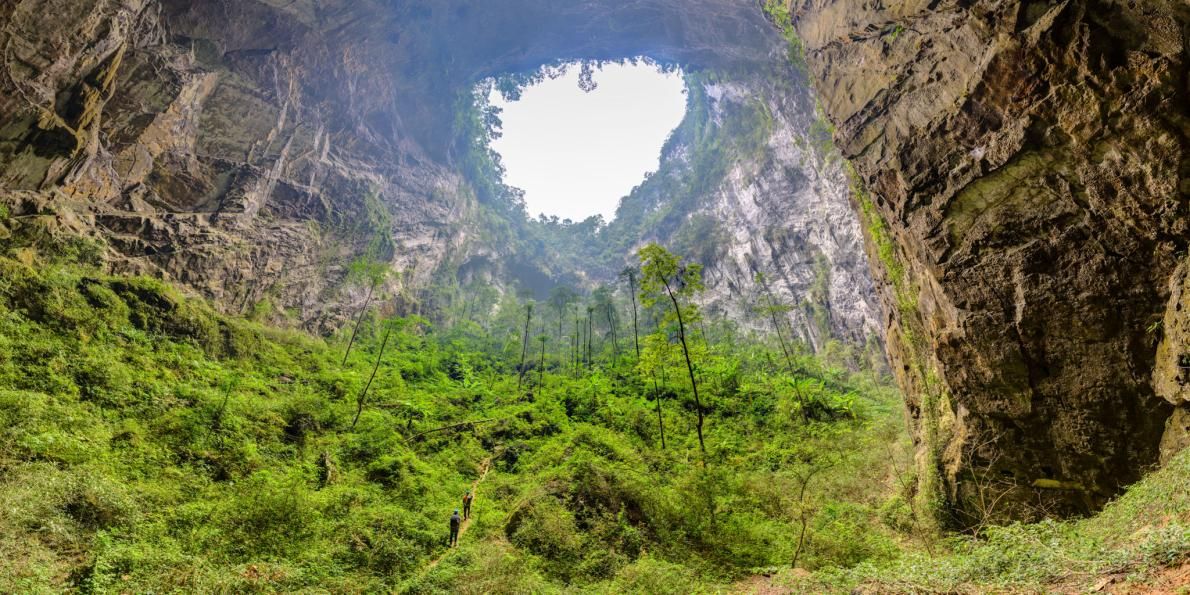Events Archive
Welcome
... to our programme for 2025. We will be adding to these dates, so watch this page.
Centres are showing great enthusiasm to connect and grow, and we will be offering seminars, events and exchanges to maximise the potential of these times.
If you are interested in discussing bespoke professional development possibilities for your centre please get in touch.
Go HERE if you want to read about past events, presentations seminars.
Bicycles & Bricks, Vision & Determination ~
Online Conference set: narratives of the real and possible in shaping education
Seminar One: Loris Malaguzzi's pedagogical influence and contemporary importance
Professor Peter Moss, University College London
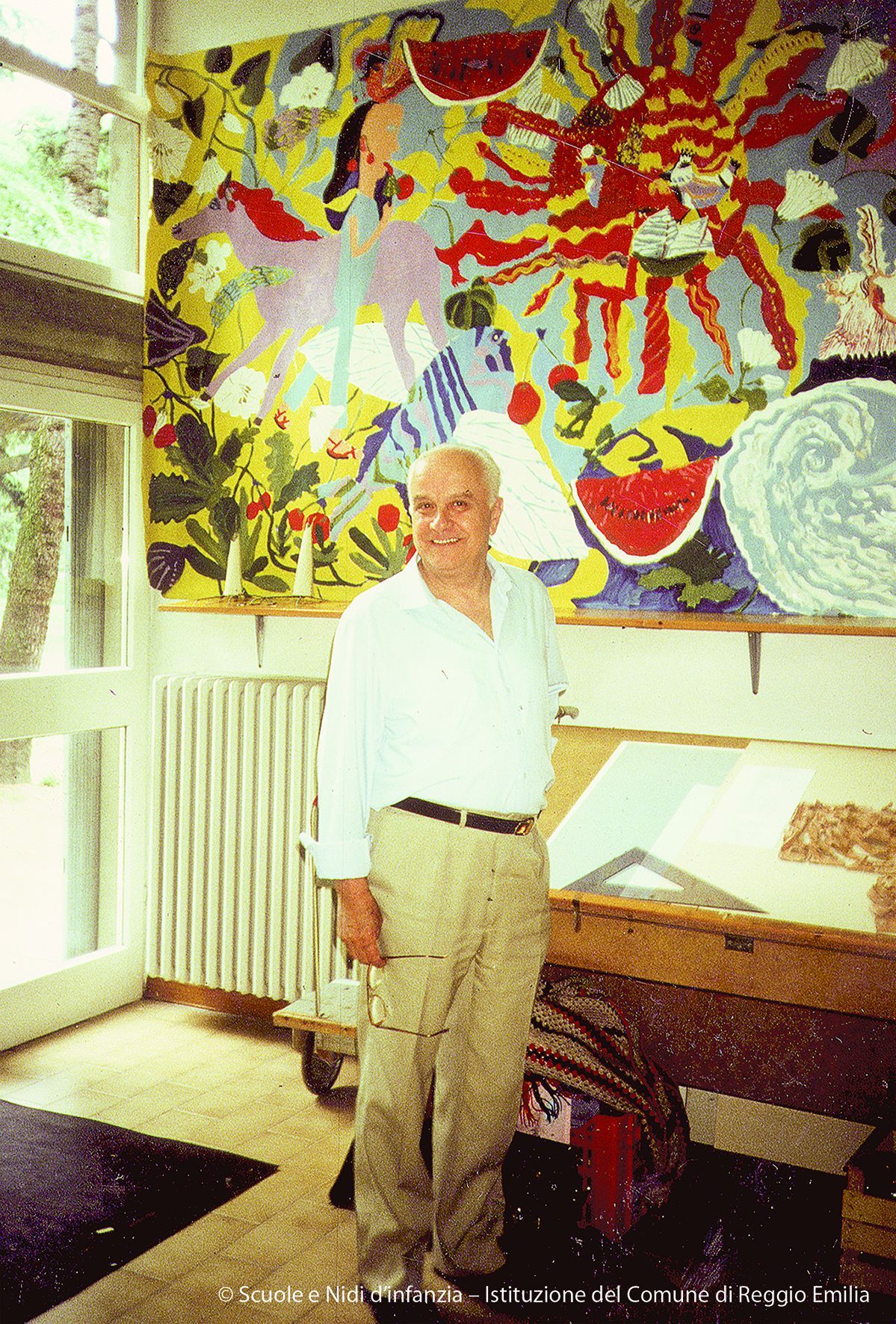
We celebrate this year the hundredth anniversary of the birth of a great educator, Loris Malaguzzi. Using Malaguzzi’s own words, I want to look at his contribution to early childhood education from three perspectives. I will talk about the historical, political and cultural context that shaped his life and work. I will discuss the multiple roles he played in the educational project of Reggio Emilia – which provoke us to think about the meaning of educational leadership and the type of management required for an innovative, democratic and dynamic public education system. And I will argue that he offers other important provocations to contemporary early childhood education, provocations that can enable us to envision a transformed early childhood education in England. At a time when hope is often in short supply, we can draw inspiration from his firm belief in the darkest of times for Italy that ‘everything seemed possible’.
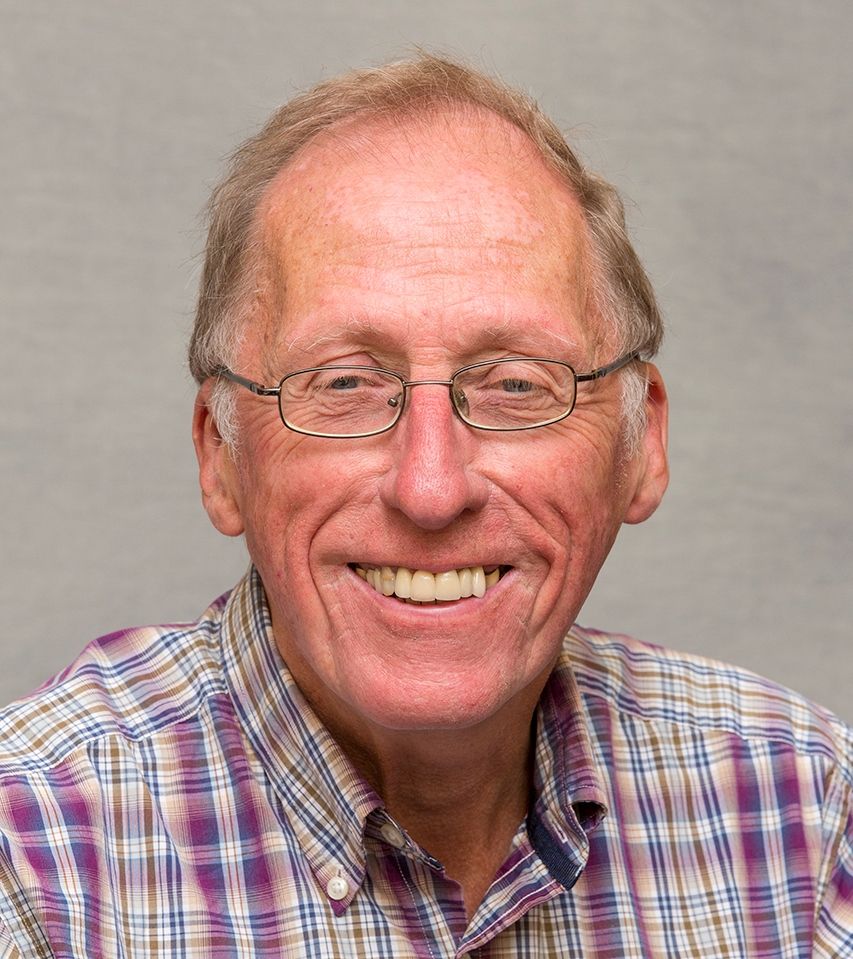 Peter Moss is an Emeritus Professor at UCL Institute of Education, University College London. With colleagues in Reggio Emilia, he has edited the book ‘Loris Malaguzzi and the Schools of Reggio Emilia’, a collection of over 100 speeches and writings by Loris Malaguzzi from 1945 to 1993. His latest book is ‘Transforming Early Childhood in England: Towards a democratic education’, edited with Claire Cameron. He believes that Loris Malaguzzi can help us with the urgent task of transformation.
Peter Moss is an Emeritus Professor at UCL Institute of Education, University College London. With colleagues in Reggio Emilia, he has edited the book ‘Loris Malaguzzi and the Schools of Reggio Emilia’, a collection of over 100 speeches and writings by Loris Malaguzzi from 1945 to 1993. His latest book is ‘Transforming Early Childhood in England: Towards a democratic education’, edited with Claire Cameron. He believes that Loris Malaguzzi can help us with the urgent task of transformation.
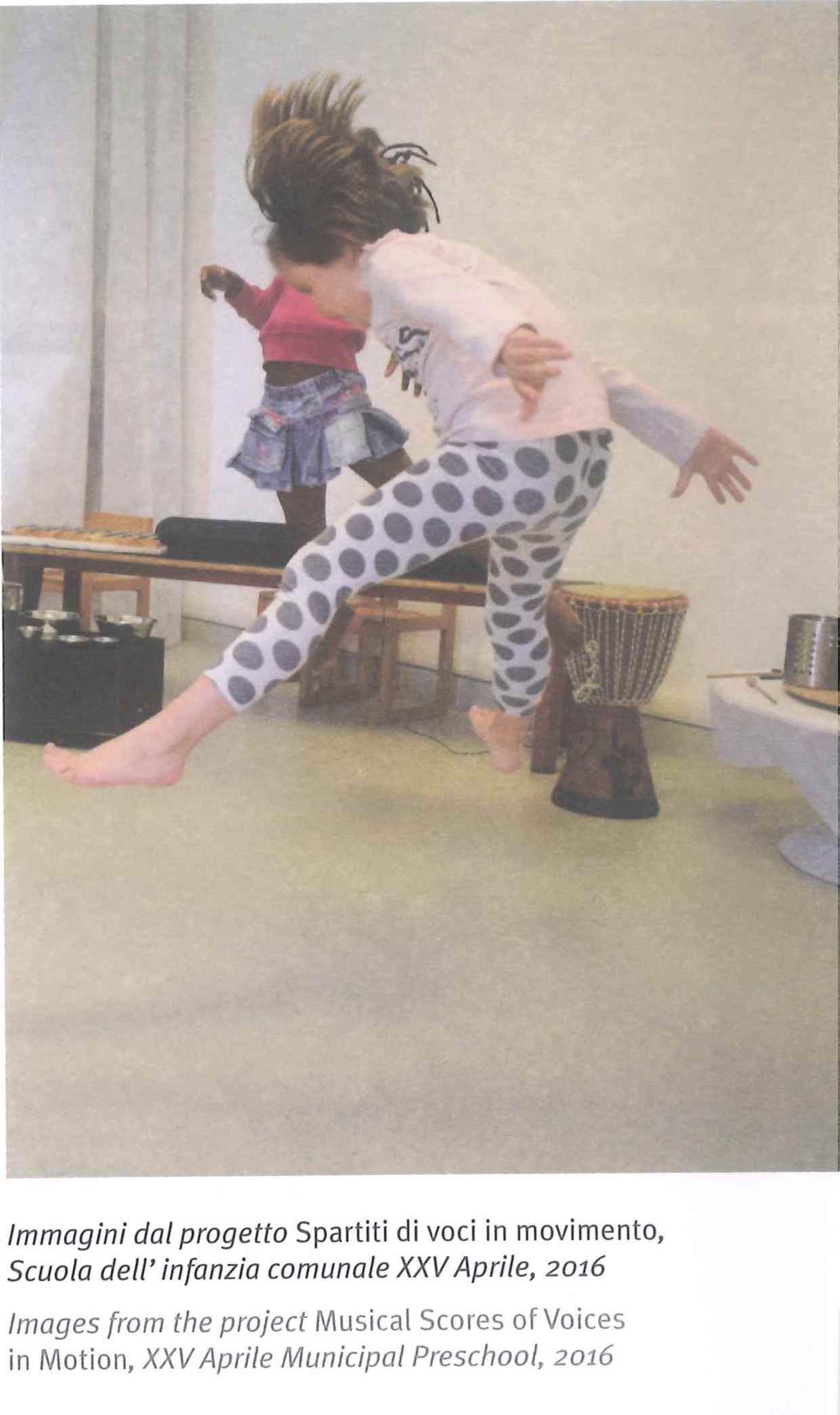 These are times of possibility. Amidst calls and demands to ‘return to normal’ there are also many who have lost patience with the ‘old normal’ or have seen that other ways of living and learning are indeed preferable. Multitudes of educators, head teachers, parents and advocates are striving to protect and also develop possibilities for educational experiences with children’s rights, wellbeing and proclivities for natural enquiry at the heart.
These are times of possibility. Amidst calls and demands to ‘return to normal’ there are also many who have lost patience with the ‘old normal’ or have seen that other ways of living and learning are indeed preferable. Multitudes of educators, head teachers, parents and advocates are striving to protect and also develop possibilities for educational experiences with children’s rights, wellbeing and proclivities for natural enquiry at the heart.
This online conference set of seminars is designed to nourish all those who are actively promoting and creating these ‘visions of the possible.'
Communicate with presenters prior to the presentations: When you register you will be given a link to write about your interests, foci, wishes, questions.
If you register before Friday 18th December these will be submitted to the various presenters. This will be helpful to them in honing their presentations and give them a sense of connection with you and your interests.
| Date | Tuesday 19th January 2021 |
| Price | £40 |
| Member Discount | 10% |
| Presenters |
Professor Peter Moss, University College London |
| Please Note: |
|
| Times | 4 - 5.30pm |
~ identifying and maximising the scope in the DfE 2020 ‘Development Matters’ for renewing professionalism and pedagogical culture ~
An online conversation between Sightlines Initiative Network members representing centres in the private, maintained and voluntary sectors, FE/HE colleges, plus early years colleague Jan Dubiel, who played a significant part in creating the new guidance document.
The new Development Matters is ‘thinner’ than previous documents which have constrained professionalism by over-programmatization. Our premiss is that there is an opportunity to seize in the thinness, in that the spaces give room for developing a new depth of pedagogical culture by individual settings that are researchful and motivated. Our aim is to identify where there are breathing spaces to work professionally and researchfully, without defending against hidebound strictures.
There is equal need and scope for FE and HE colleges to provide course experiences which nurture professionalism in educators – especially in being researchful. We recognise that currently much recent initial professional formation has been competency-based, matching the recent highly structured ‘programmes of learning’ which have been produced by government departments. As a result many educators (practitioners) and managers are not geared up to inhabit these ‘spaces for growth’ - they may feel empty and unnerving, creating a yearning for ‘old certainties’ and comprehensive manuals.
Undoubtedly there are criticisms and concerns about languages or aspects of the document, and we can recognise and note these at the outset without dwelling on them unduly, unless they present fundamental challenges. The main point is to articulate the ways in which so-inclined centres can wholeheartedly move into evolving researchful pedagogy, and the opportunities for FE/HE course leaders to produce formative courses which support this professionalism.
This first conversation is open to attendance online by others, who will also have opportunities to contribute thoughts and comments.
| Date | Thursday 3rd December 2020 |
| Price | £20 |
| Member Discount | Free to members, but it is open to all. |
| Presenters |
DISCUSSANTS Jan Dubiel, EY educator & consultant, DfE/QCA lead Chris Merrick –past EY advisor & inspector, chair of governors, SI consultant, past early years centre lead Louise Lowings – past EY advisor, current head of Madeley Nursery School, Telford Jackie Warren – CEO, Growing Places nursery centres, Portsmouth Rebecca Webb – education lecturer, University of Sussex Diane Gregory, Manager, Childsplay Nursery, Newcastle Robin Duckett, early years educator, founder/director, Sightlines Initiative Caroline El-Semman, director, Little Jungle School of Early Childhood |
| Times | 4 - 5.30pm |
Online Conference set: narratives of the real and possible in shaping education
 These are times of possibility. Amidst calls and demands to ‘return to normal’ there are also many who have lost patience with the ‘old normal’ or have seen that other ways of living and learning are indeed preferable. Multitudes of educators, head teachers, parents and advocates are striving to protect and also develop possibilities for educational experiences with children’s rights, wellbeing and proclivities for natural enquiry at the heart.
These are times of possibility. Amidst calls and demands to ‘return to normal’ there are also many who have lost patience with the ‘old normal’ or have seen that other ways of living and learning are indeed preferable. Multitudes of educators, head teachers, parents and advocates are striving to protect and also develop possibilities for educational experiences with children’s rights, wellbeing and proclivities for natural enquiry at the heart.
This online conference set of seminars is designed to nourish all those who are actively promoting and creating these ‘visions of the possible.'
| Date | Monday 26th October 2020 |
| End Date | Friday 30th October 2020 |
| Available places | 9 |
| Price | £150 |
| Member Discount | 10% (If you are not a member, you can go to Our Work/Network Membership for more info.) |
| Presenters |
Monday 26th October 10a.m. 'Loris Malaguzzi's pedagogical influence and contemporary importance.' Professor Peter Moss, University College London Monday 26th October 2p.m. 'Walking on Threads of Silk.' Marina Castagnetti, Reggio Children, Italy Wednesday 28th October 10a.m. 'The Women and the Schools of Reggio Emilia.' Professor Sabine Lingenauber & Janina L. von Niebelschütz, University of Fulda, Germany Wednesday 28th October 2p.m. 'How Does Learning Happen? - Ontario's vision for education’ Karyn Callaghan & Kelly Massaro-Joblin, Ontario Reggio Association, Canada Friday 30th October 10a.m. 'Democratic alternatives in education: Provocations from the Portuguese Modern School Movement.' Dr. Diana Sousa, University College London Friday 30th October 2p.m. 'Truths and Transformation – where now and how?' Panel and Discussion with Peter Moss, Karyn Callaghan and others. |
| Please Note: |
|
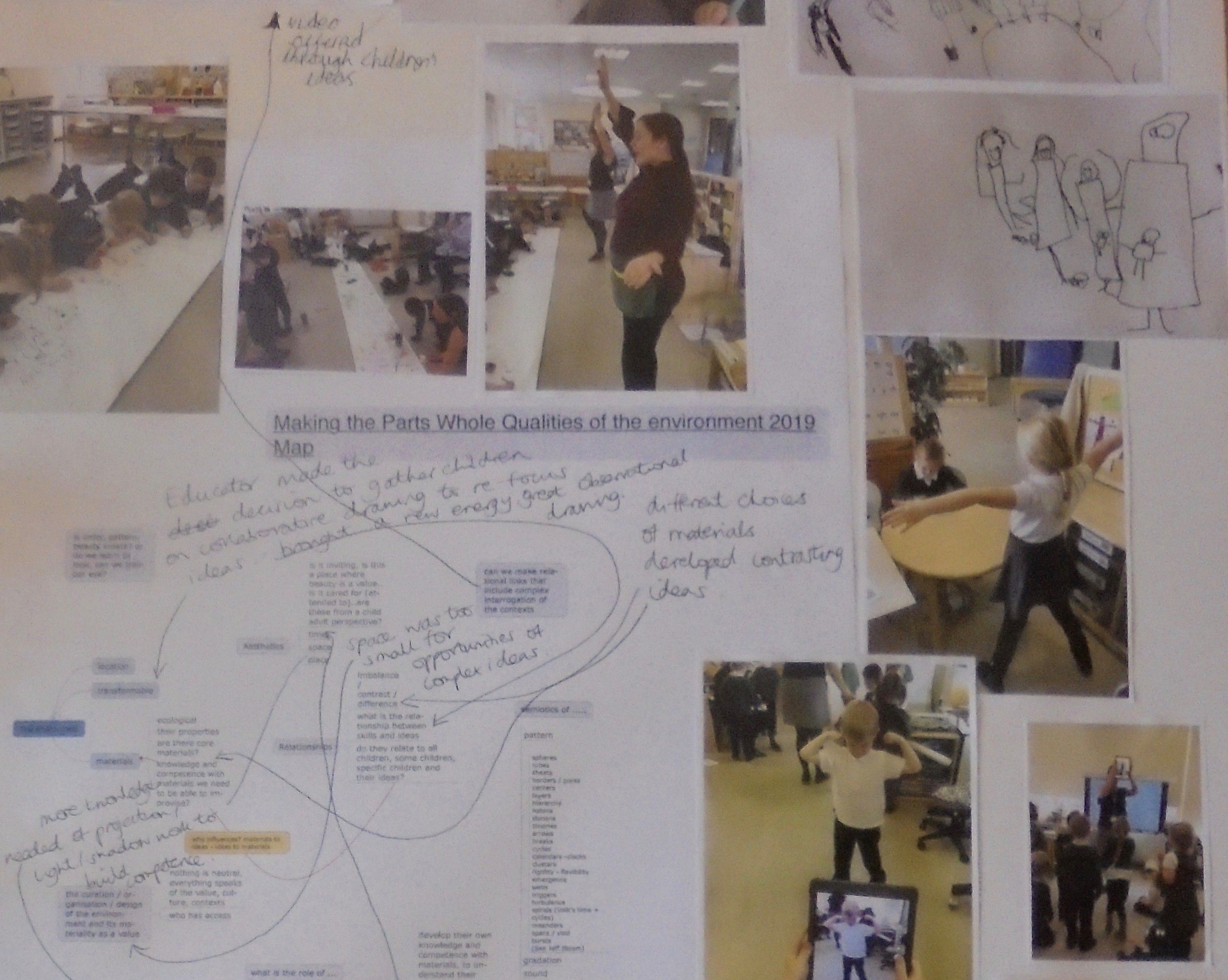 'Making the Parts Whole' Madeley Nursery 2019This session will explore the concept of ‘languages of evaluation’ – the idea that there are many different ways of understanding and conducting evaluation, and not just evaluation as ‘performance management’, a language that is very dominant today.
'Making the Parts Whole' Madeley Nursery 2019This session will explore the concept of ‘languages of evaluation’ – the idea that there are many different ways of understanding and conducting evaluation, and not just evaluation as ‘performance management’, a language that is very dominant today.
In particular, we will consider what language of evaluation can do justice to a complex and distinct pedagogical project, for example, that of the municipal schools of Reggio Emilia or many of the Children’s Centres in England, in a way that embodies the value of participatory democracy, and supports researchful education.
Peter Moss, from UCL Institute of Education, will share some of his preliminary thinking about this challenge; while Louise Lowings, from Madeley Nursery School, will share some examples from current practice that have evolved from a two year international research project in early childhood centres.
There will be time for questions and discussion about this vital subject.
Documentation as a tool for assessment/evaluation gives us an extremely strong 'antibody' to a proliferation of assessment/evaluation tools which are more and more anonymous, decontextualised and only apparently objective and democratic.
Carla Rinaldi, President of Reggio Children Foundation
| Date | Wednesday 21st October 2020 |
| Price | £35 |
| Member Discount | £5 |
| Presenters |
Professor Peter Moss Louise Lowings |
| Times | 4 - 5.30pm |
| Location/Map | online |
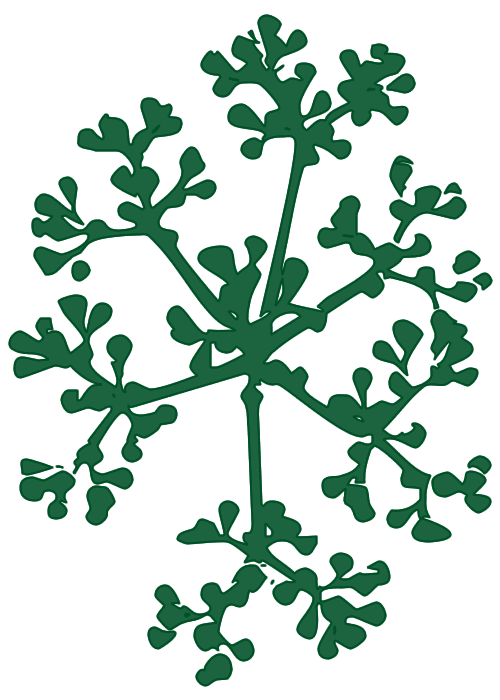 This online session is for Sightlines Initiative Network members and settings to reconnect, share journeys, and current planning in this ongoing time of global health crisis.
This online session is for Sightlines Initiative Network members and settings to reconnect, share journeys, and current planning in this ongoing time of global health crisis.
What a strange time this has been and is!
There have been so many challenges to the early years sector both financial and emotional big decisions had to be made. Was it safe to open? How could we keep safe but also still be here at the end of all this? How could we support our children at home? How could we stay connected?
Log in first in order to register - see 'Community Login' at the left of the webpage.
| Date | Wednesday 7th October 2020 |
| Please Note: | This is a free session for Sightlines Initiative Network members |
| Times | 1.30pm - 3pm |
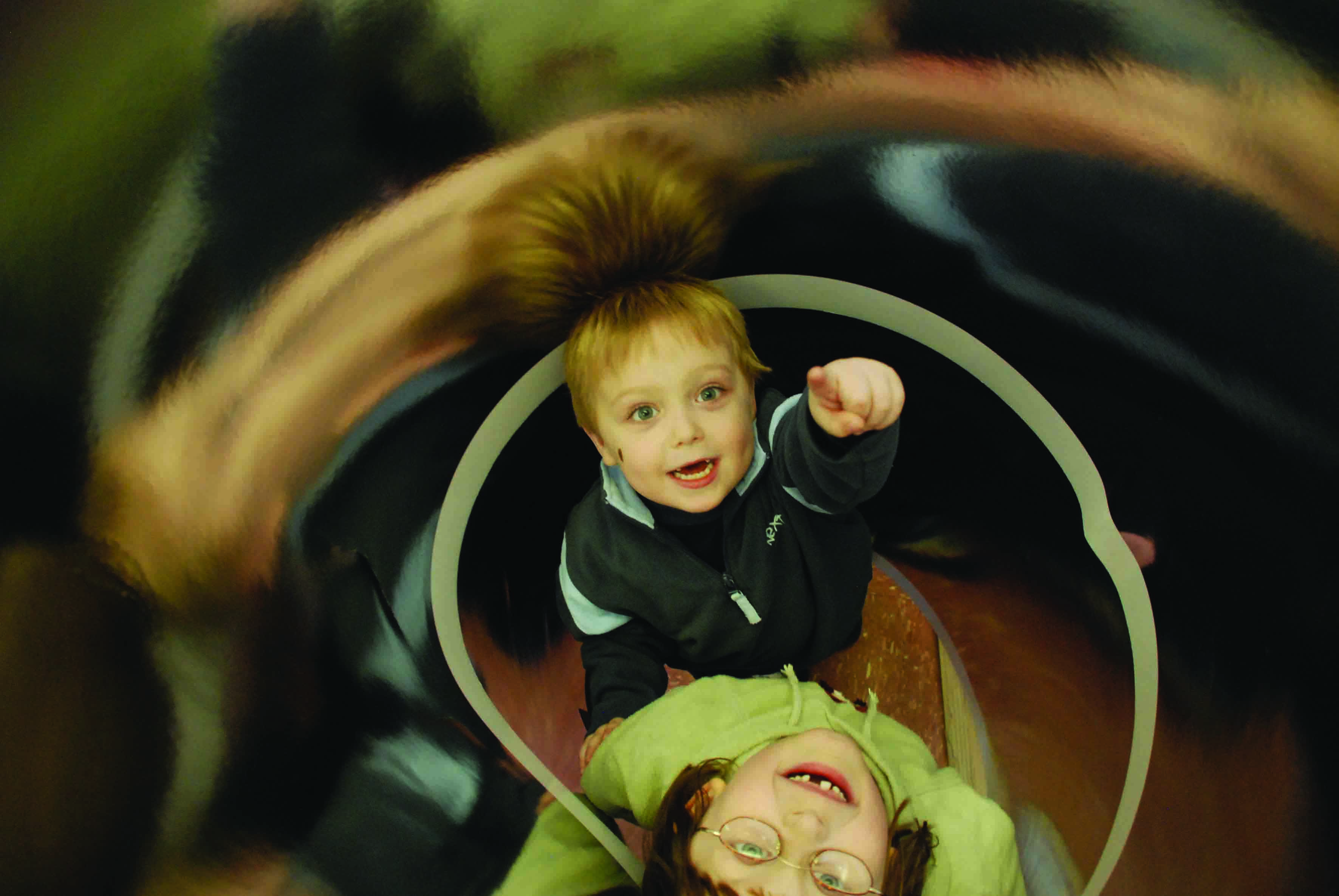
In this session we will considering our ideas of play – what is it? what is it for? who determines this? – to focus on playfulness. The basis for this will be an exploration of children’s naturally playful learning and how this compares with adults’ constructs about play.
Adults who begin by closely considering children’s feelings associated with playfulness are far better placed to be insightful in their provision of dynamic learning environments.
We will
- look at how we can foster playfulness and creativity through our relationships and ways of being with children
- explore playful possibilities within the learning environments we create, and
- discuss the value of developing our own playfulness to work in reciprocal, playful ways with children.
This seminar is organised in collaboration with House of Imagination, of which our guest presenter Dr. Karen McInnes is an associate.
Dr Karen McInnes has a background in working with children as a speech and language therapist, early years teacher, play therapist. Her PhD focused on play and playfulness in young children, and she continues to research, write and present on play and playfulness.
| Date | Tuesday 6th October 2020 |
| Price | £35 |
| Member Discount | £5 |
| Presenters | Dr. Karen McInnes |
| Times | 4 - 5.30pm |
| Location/Map | online |
Our profession needs to be researchful, and connected with its libraries of evolving thinking, research and knowledge.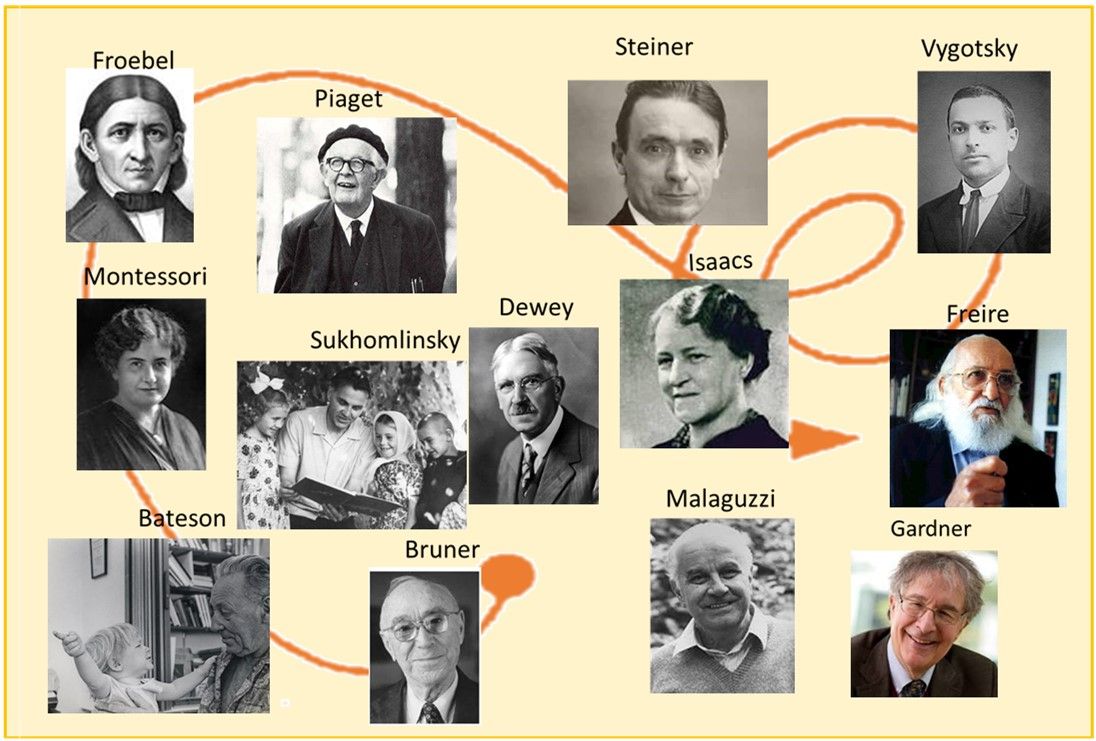
The last 33 years or so (in the UK), exemplify the blank slate model of teacher and educator development.
The trouble started in 1987. In the years before the (UK) Education Act of 1987, by and large, teachers did their own thinking, turning to a variety of sources to enrich their understanding and help them make a case for their principled pedagogical decisions. But soon after the arrival of the DES National Curriculum document, the first signs of professional amnesia appeared in our midst. Slowly but surely teachers began to act as if professional knowledge were only to be found in glossy ring folders, training packs and videos and all manner of other pronouncements from politically-led authorities.
[from Mary Jane Drummond, Professional Amnesia, Refocus Journal 2008]
Transformative change requires attention to pedagogical as well as structural principles….we have the good fortune, in evolving pedagogical principles and educational action, of a rich tradition of educational thought and experience. We must take full advantage of the invaluable cultural heritage represented by the thought and work of past pedagogues such as Froebel, Dewey, McMillan, Isaacs, Freinet, Freire and Malaguzzi.
Drawing on these cultural reserves, as well as the intelligence and expertise of today’s practitioners, a pedagogical transformation can be embarked upon, turning away from a culture of targets [and] measurement.
[from Peter Moss, Transforming Early Childhood in England 2020]
In this session we will be reflecting on the contributions of some of the recent giants of educational thinking so that we can better articulate and explain the beliefs and understandings that can and ought to underpin our practice. We will examine a range of perspectives developed through the last century, so that we can draw on these in the choices we make for children and to tell a better story about the nature of education, based on the way young children learn rather than on the target-driven instincts of politics.
We will provide participants with further reading and references, to continue your encounters ....
| Date | Tuesday 29th September 2020 |
| Price | £35 |
| Member Discount | £5 |
| Speaker | Dr. Christine Merrick |
| Times | 4 - 5.30 pm |
| Location/Map | online |
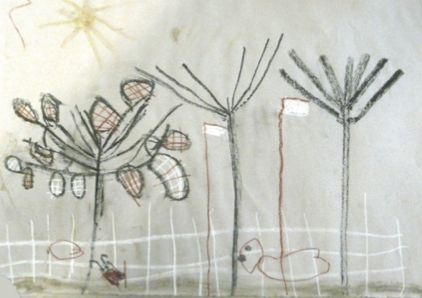
A one-hour online session to introduce the principles of 'Learning to Learn in Nature'. It is for all early years and primary educators who want to engage in creating investigative learning opportunities and develop thier reflective. creative pedagogy.
Learning to Learn in Nature is about young children learning in wild places, and educators learning with them. It is about being in connection with nature and bringing that connection back to the classroom. But it is also about something more, something that is seen very clearly when children are given the freedom to explore the wild outdoors on their own terms, with daring and imagination.
It is about learning as a process of continuous enquiry: an expression of insatiable fascination with the world, in which children learn together and individually, and educators and children work together to discover and make meaning. School life is part of human life, connected to its cycles, desires, dreams, wonderings. Educators best meet the interests of children when fundamental human values inform and shape their pedagogical practice.
During October 2020 - March 2021 we will be offerring a five-session online course - this September session will introduce the contents.
| Date | Thursday 17th September 2020 |
| Price | £35 |
| Member Discount | £5 |
| Presenters | Robin Duckett, Catherine Reding, Elizabeth Elders |
| Times | 4 - 5pm |
| Location/Map | online |


